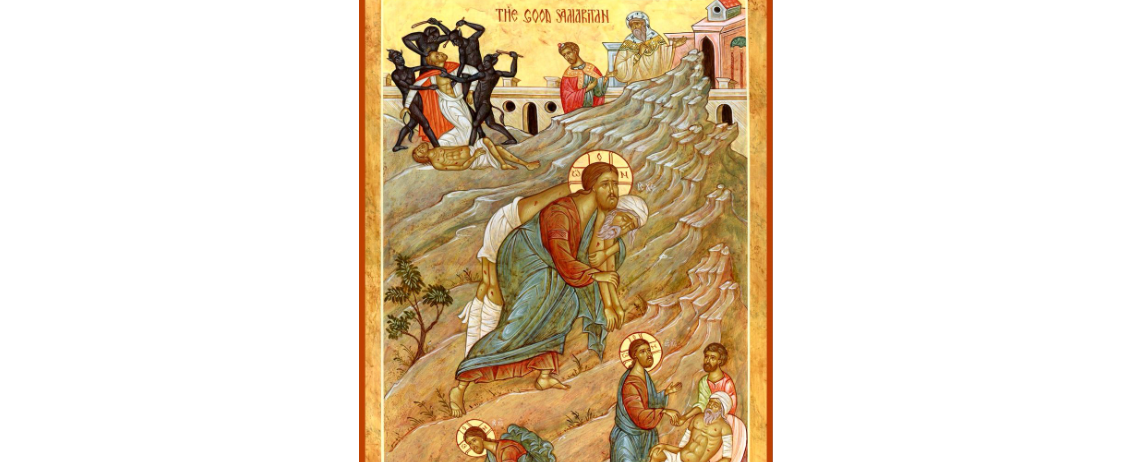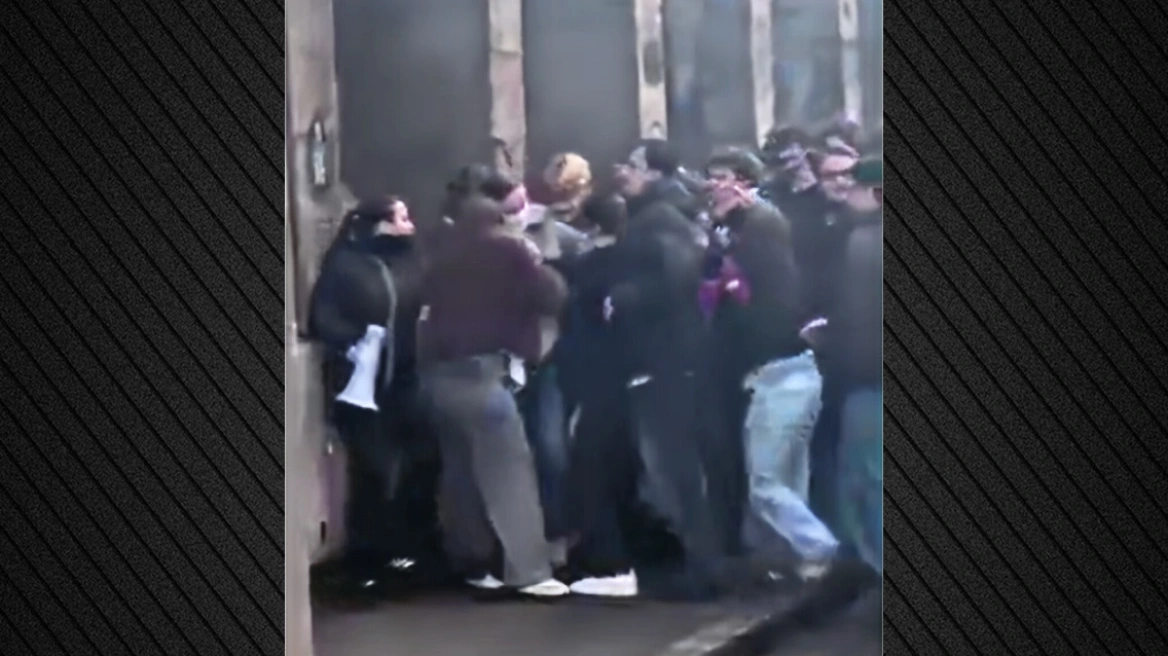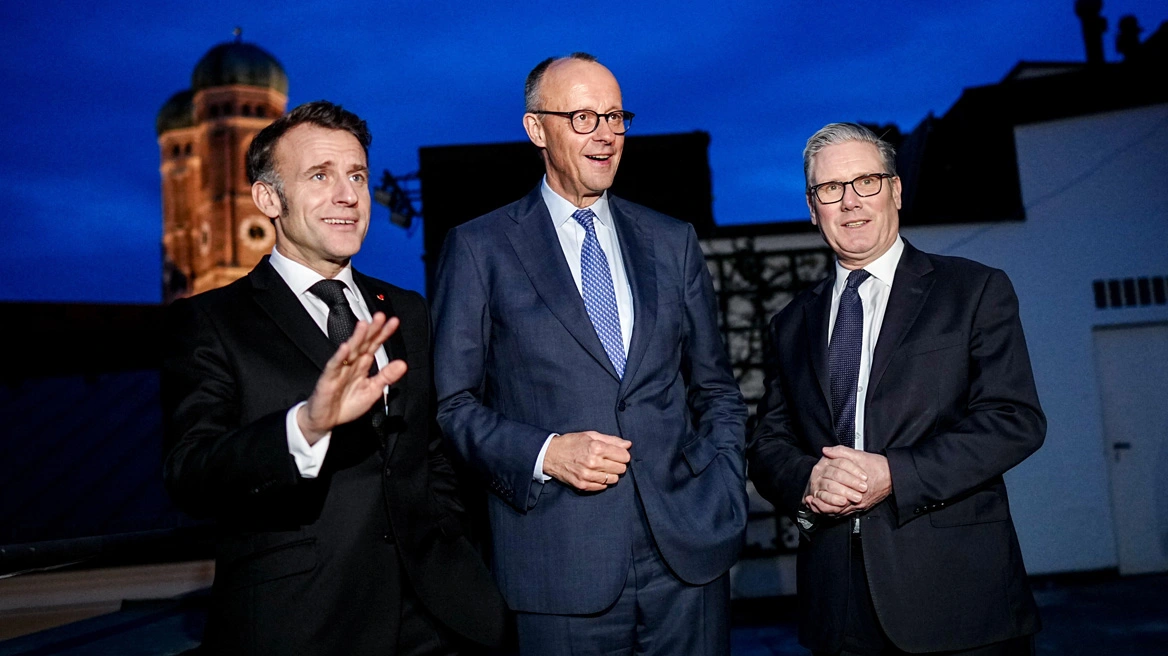It is the evening of Theophany “at the dawn of St. John’s Day, the day after Epiphany,” as the poet Odysseas Elytis would say, and I can still hear the festal hymn of the feast day of our Lord vividly repeating in my ears: “When You were baptized in the River Jordan, Lord….”, just as we chanted it together with the parishioners of the Stockholm Cathedral, at the church entrance, since the new national restrictions aimed at stopping the pandemic provide for a
capacity of only 8 persons inside churches.
I am troubled by the worsening of the situation, which deprived many of our brethren the opportunity to visit their parishes in person to celebrate the “festival of Lights,” as it is often referred to in Greek – or “Fota Olofota” as is the title of Alexandros Papadimantis’ famous short story – and embrace friends and relatives, while exchanging wishes, kisses and hugs for the feast.
At night, I am accompanied intelligibly by – Maria, Katina, Sappho, and Evanthia – the “priestesses of the arts,” as I like to call them – so they can initiate me into culture, poetry, the theater, literature and music. Maria performs “Casta Diva” from Bellini’s Norma, Katina plays Iocaste in Oedipus, Sappho reads Papadiamantis’ short stories, and Evanthia plays compositions from the soundtrack of the film A Touch of Spice on the violin.
Tonight, I opted to watch the American film Beauty in the Broken, which focuses on a psychologist’s passion to help people experiencing psychological issues, until one day he meets a homeless girl – an eccentric figure – whose appearance leaves the viewer experiencing mixed emotions of sorrow, pity, and empathy.
The young psychologist tries to offer her a few sessions to help her find a way out of her world of loneliness, he rents her an apartment to help her escape the rough neighborhood where she lives, and he supports her to showcase her talent as a painter. The film ends with a scene from the girl’s first exhibition.
This is a film that leads viewers to engage in reflection right from the moment they read title. You consider what your own position would be – not regarding the protagonists of the film, of course – but rather, regarding the other protagonists – life and the actual events that inspired the script.
The film’s title likely draws its inspiration from the scene where the homeless girl finds a vase in a garbage can and, although it was still brand new, breaks it, much to the surprise of the other homeless people living in the neighborhood, saying with a smirk: “Even though it’s broken, it’s beautiful!” Perhaps the broken vase inspired her artwork or simply symbolized her broken life.
How many times have we heard our fellow men and women desperately mutter to themselves: “I’m trying to gather together the broken pieces of my life”? The film reminded me of the parable of the Good Samaritan, a layperson who became an instrument of God and helped the “half-dead man he stumbled upon,” while the priest and Levite “passed him by when they saw him.” This is the reason why I asked earlier what role would we want to take on after watching the movie.
This film makes us Christians – and especially the clergy – cognizant of our responsibilities. It makes us contemplate about our actual relationship with others – not just the relationship we’d like to have. It turns our attention to our brethren who are suffering, who are experiencing pain, who are in prison, in the hospital, in nursing homes, on the streets…
Using his poetic gift, St. John of Damascus asks of Him Who “chastises with care and heals in His goodness” to restore the altered former beauty of paradise and the state of humanity prior to the fall. He prays to God to: “return us to the state according to Your likeness and restore the ancient beauty.”
This is a prayer to Him Who “gives consolation to the faint-hearted and life to the crushed,” Who “heals the broken pieces of our souls and bodies,” Who “supports those who have fallen and lifts up those who are cast down.” The psychologist in the film put together his patients’ “broken pieces,” gave them the courage to start their lives anew and rejoin society once again. He lifted their spirits, showcased the best they had to offer and their talents. He created a small community of love and hope at the clinic where he worked. What about us? What shall we do?
Ask me anything
Explore related questions





